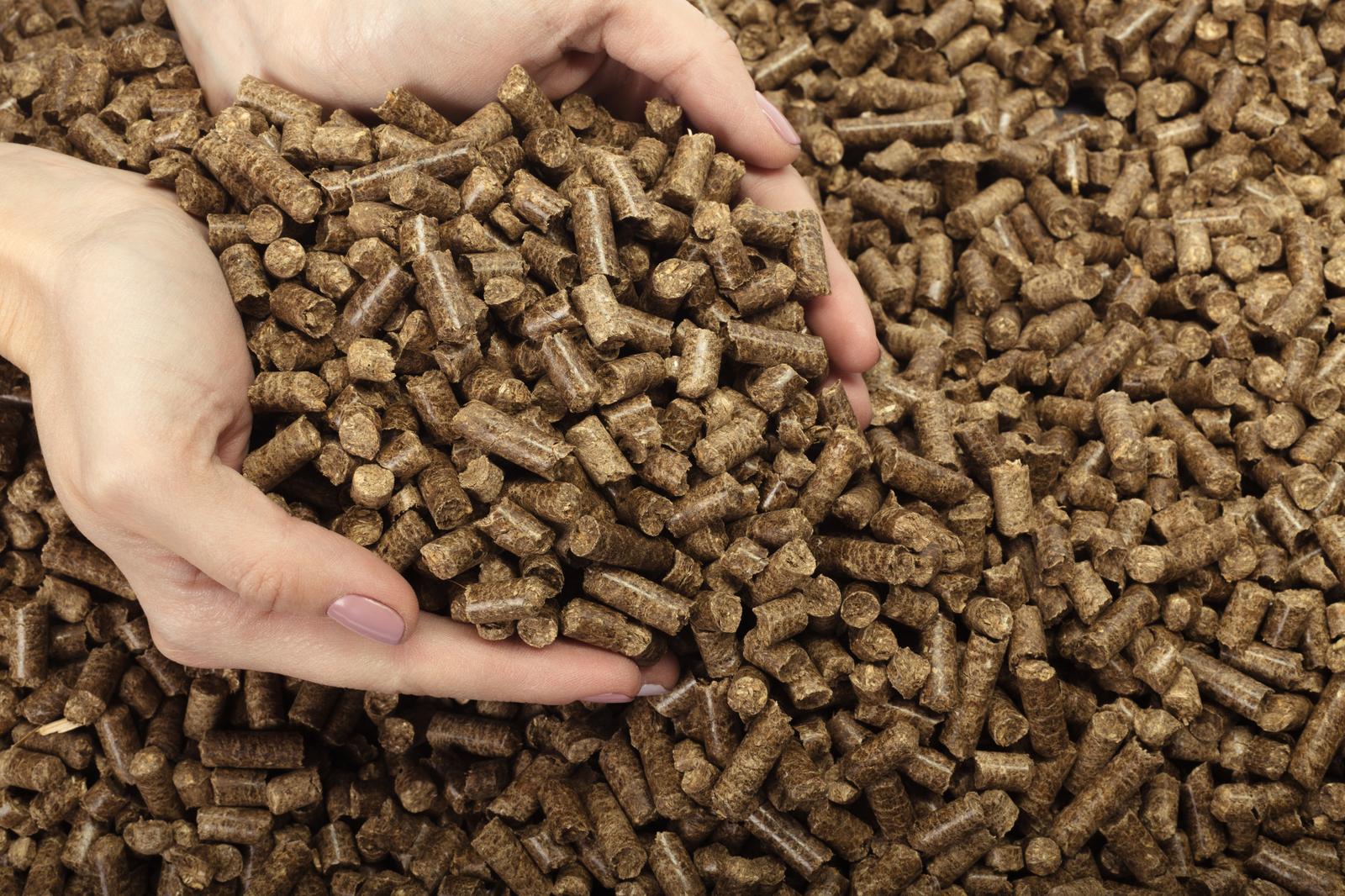
Biomass solid fuel refers to organic materials used as a renewable energy source. These materials can include wood, agricultural residues, and dedicated energy crops like switchgrass. When processed, they can be converted into solid fuels such as pellets, briquettes, or chips. This form of biomass energy holds significant promise in unlocking green energy potential and has garnered increasing interest globally.
Environmental Benefits
One of the key advantages of Biomass Solid Fuel is its positive impact on the environment. Unlike fossil fuels, biomass is considered carbon-neutral. This means that the carbon dioxide (CO2) emitted during combustion is offset by the CO2 absorbed during the growth of the biomass feedstock. As a result, biomass solid fuel contributes minimally to greenhouse gas emissions, making it a cleaner alternative to traditional fuels.
Renewable and Sustainable
Another aspect that makes biomass solid fuel attractive is its renewability and sustainability. Unlike finite fossil fuel reserves, biomass can be continually replenished through proper management of forests, agricultural lands, and dedicated energy crop cultivation. This sustainable cycle ensures a long-term supply of green energy without depleting natural resources.
Versatility in Applications
Biomass solid fuel offers versatility in its applications across various sectors. In the residential sector, it can be used for heating purposes, providing warmth and comfort while reducing reliance on non-renewable heating sources. In the industrial sector, biomass fuels can power boilers, furnaces, and cogeneration systems, supporting manufacturing processes with eco-friendly energy solutions.
Get more insights on Biomass Solid Fuel